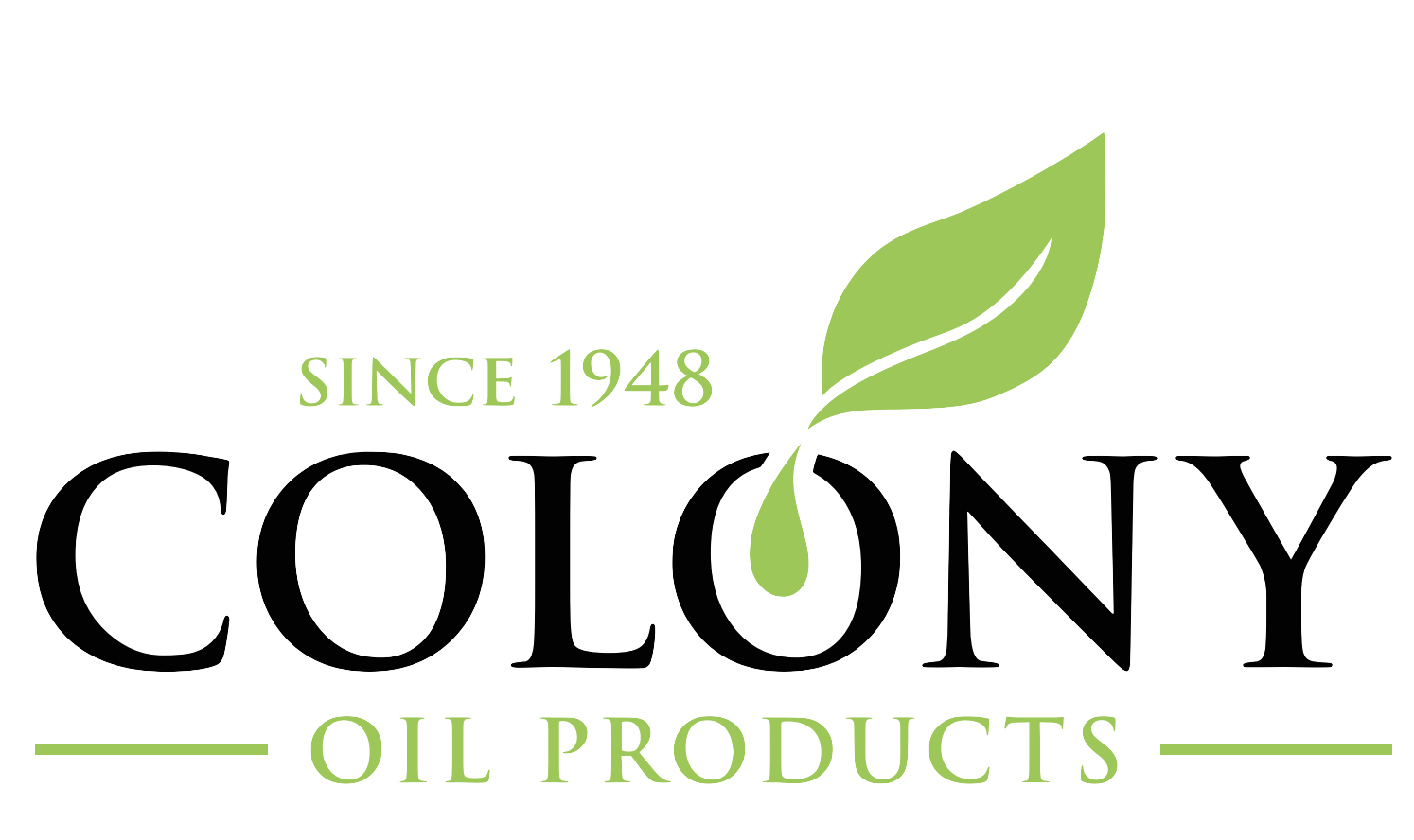Frequently Asked Questions
What is custom blending in the context of products?
Custom blending refers to the process of combining various ingredients in specific proportions to create a unique product tailored to a customer’s needs or preferences. This approach allows for the development of products that are not commercially available, catering to individual requirements or market niches. Custom blending is widely used in industries such as cosmetics, personal care, and food products to offer personalized solutions.
How does custom blending work in the cosmetics industry?
In the cosmetics industry, custom blending involves selecting and combining natural and organic ingredients, specialty oils, and colorants to create personalized skincare, makeup, and hair care products. Manufacturers use their expertise in formulating and producing custom cosmetic colorants, lecithins, and other specialty ingredients to meet regulatory standards and consumer demands. This process ensures that products are formulated to specific specifications, including allergen-free, non-GMO, or certified organic standards, and can be produced in low minimum quantities with quick turnaround times.
What are the benefits of custom blending in manufacturing and production?
Custom blending offers several benefits in manufacturing and production. Tailored solutions allow for the creation of products that cater to specific needs or preferences, enhancing customer satisfaction. By focusing on specific ingredients and formulations, manufacturers can optimize production processes, reducing waste and costs. Custom blending encourages innovation, as it enables the development of new products and formulations that meet emerging market demands. It helps in meeting regulatory standards and consumer demands, ensuring that products are safe, effective, and compliant with industry regulations.
Is custom blending limited to consumer products, or is it used in other industries?
Custom blending is not limited to consumer products; it is also used in various industries, including agriculture, baking, beverage, cannabis, confectionery, dairy, industrial, meat & poultry, nutraceutical, pet food, and plant-based protein industries. This versatility allows for the creation of specialized products that meet specific industry needs, from natural ingredients in food products to specialized oils in industrial applications.
Can individuals request custom blending for non-consumer products?
Yes, individuals can request custom blending for non-consumer products, such as industrial ingredients, specialty oils, and lecithins. Manufacturers like IFC Solutions offer contract blending services, allowing for the blending of products to exact specifications in their facility. This service is particularly useful for industries requiring custom formulations to meet specific standards or requirements, such as allergen-free, non-GMO, or certified organic standards.
What is ingredient sourcing?
Ingredient sourcing refers to the process of identifying, selecting, and obtaining ingredients for use in products. This involves researching, negotiating, and establishing relationships with suppliers to ensure the availability of high-quality, sustainable, and compliant ingredients. Ingredient sourcing is crucial for manufacturers to meet regulatory standards, consumer demands, and sustainability goals.
Why is sustainable sourcing important for ingredients?
Sustainable sourcing is important for ingredients because it helps minimize environmental impact and promote ethical practices. It addresses issues such as deforestation, habitat destruction, pollution, and exploitative labor practices by ensuring that ingredients are sourced responsibly. This approach not only mitigates negative environmental impacts but also contributes positively to environmental conservation and community development, thereby maintaining consumer trust and promoting social responsibility.
How do companies ensure the quality of sourced ingredients?
Companies ensure the quality of sourced ingredients through rigorous quality control processes, including regular testing for purity, potency, and compliance with regulatory standards. They also verify the sustainability and ethical sourcing practices of their suppliers, often through certifications and audits. Transparency and traceability in ingredient sourcing are essential for maintaining consumer trust and ensuring regulatory compliance.
What challenges are associated with global ingredient sourcing?
Challenges associated with global ingredient sourcing include securing quality ingredients affordably, managing supply chain disruptions, and navigating the complexities of international trade regulations. Supply chain issues, such as those caused by global events like the Covid-19 pandemic or geopolitical conflicts, can lead to delays in ingredient delivery and increased costs. Additionally, ensuring the sustainability and ethical sourcing of ingredients from a global marketplace can be challenging due to variations in regulatory standards and practices.
How does ingredient traceability impact sourcing decisions?
Ingredient traceability impacts sourcing decisions by ensuring that the origin and journey of ingredients can be tracked from source to product. This transparency is crucial for maintaining consumer trust, ensuring regulatory compliance, and verifying the authenticity and quality of ingredients. Traceability also supports the development of sustainable and ethical sourcing practices by allowing manufacturers to trace the impact of their sourcing decisions on the environment and communities.
What is a manufacturing facility?
A manufacturing facility is a physical location where goods are produced on a large scale. These facilities are equipped with machinery, equipment, and infrastructure necessary for the production of various products, from consumer goods to industrial components. Manufacturing facilities play a critical role in the production, processing, and distribution of goods, contributing to economic growth and employment.
What considerations are important in choosing a location for a manufacturing facility?
When choosing a location for a manufacturing facility, considerations include proximity to suppliers and markets, access to transportation networks, availability of skilled labor, compliance with environmental and safety regulations, and the cost of land and utilities. The location should also support the facility’s growth and expansion plans, offering flexibility for future expansion and the ability to adapt to changing market demands.
How do manufacturers ensure safety in their facilities?
Manufacturers ensure safety in their facilities through a combination of strict adherence to safety standards and regulations, regular safety training for employees, the use of safety equipment and protective gear, and the implementation of safety management systems. These measures help prevent accidents, injuries, and the spread of hazardous materials, ensuring a safe working environment for employees and compliance with industry safety standards.
What role does technology play in modern manufacturing facilities?
Technology plays a crucial role in modern manufacturing facilities by enhancing efficiency, productivity, and safety. It includes automation and robotics for assembly and packaging, advanced sensors and monitoring systems for quality control, and digital platforms for supply chain management and inventory tracking. Technology also supports the development of smart manufacturing processes, enabling facilities to adapt to changing demands and improve operational efficiency.
How do manufacturing facilities contribute to sustainability?
Manufacturing facilities contribute to sustainability through the adoption of environmentally friendly practices, such as waste reduction, energy efficiency, and the use of sustainable materials. They also support the development of sustainable supply chains by sourcing ingredients and materials responsibly and promoting the use of renewable energy sources. By focusing on sustainability, manufacturers can reduce their environmental impact, improve their brand image, and contribute to global sustainability goals.
What is the importance of nutritional labeling on food products?
Nutritional labeling on food products is crucial for providing consumers with accurate information about the nutritional content of the food, including calories, macronutrients (proteins, carbohydrates, and fats), and micronutrients (vitamins and minerals). This transparency helps consumers make informed decisions about their diet, manage their health, and avoid potential health risks associated with poor nutrition.
How do manufacturers determine and calculate nutritional information for their products?
Manufacturers determine and calculate nutritional information for their products through laboratory testing and analysis. This involves measuring the composition of ingredients and the final product to determine the nutritional content, including calories, macronutrients, and micronutrients. The information is then used to create nutritional labels that accurately reflect the product’s nutritional profile.
What is allergen labeling, and why is it important?
Allergen labeling is the process of identifying and declaring ingredients that may cause allergic reactions in sensitive individuals. It is important because it helps consumers with allergies or sensitivities to avoid products that contain allergens, thereby preventing allergic reactions and ensuring their safety. Allergen labeling is mandated by regulations in many countries to protect consumers and promote transparency in product labeling.
How can food manufacturers ensure compliance with labeling regulations?
Food manufacturers can ensure compliance with labeling regulations by adhering to the guidelines and requirements set forth by regulatory bodies, such as the Food and Drug Administration (FDA) in the United States. This includes accurately labeling ingredients, nutritional information, and allergens, as well as maintaining records of ingredient sources and manufacturing processes. Compliance with these regulations helps prevent legal issues, protect consumer trust, and ensure the safety and quality of food products.
Are there tools or software available to assist with nutritional and allergen labeling?
Yes, there are tools and software available to assist with nutritional and allergen labeling. These tools can help manufacturers calculate nutritional information, identify allergens, and generate compliant labels. They often include features for managing ingredient databases, tracking changes in regulations, and ensuring that labels are up-to-date and compliant with the latest standards.
What is the typical delivery time for standard shipping services?
The typical delivery time for standard shipping services varies depending on the shipping carrier and the destination. Generally, standard shipping can take anywhere from 3 to 10 business days. However, this can be influenced by factors such as the distance to the destination, the time of year, and the specific shipping carrier’s policies.
What factors influence shipping costs?
Shipping costs are influenced by several factors including the weight and dimensions of the package, the distance to the destination, the shipping carrier’s rates, and any additional services like insurance or tracking. The packaging method also plays a role, as more fragile items may require more secure packaging, which can increase costs.
How can I track my shipment?
You can track your shipment through the shipping carrier’s website or app, where you can enter your tracking number. This allows you to see the current status of your shipment, including its location and estimated delivery date. Some e-commerce merchants also offer order tracking and claims processing on their own branded websites, providing a more integrated customer experience.
What is expedited or express shipping, and when is it necessary?
Expedited or express shipping is a faster shipping option that guarantees delivery within a specified timeframe, often within one to two business days. It is necessary for customers requiring urgent delivery, such as those needing products for time-sensitive projects or events. While Colony Products does not explicitly mention expedited or express shipping, the emphasis on on-time delivery suggests they may offer such services to meet the needs of their customers.
How do shipping services handle lost or damaged packages?
Shipping services typically have policies in place to handle lost or damaged packages. This may include offering replacements, refunds, or compensation for damaged goods. For Colony Products, handling lost or damaged packages would likely involve their logistics team working closely with the shipping carrier to resolve the issue, ensuring customer satisfaction and maintaining the integrity of their products.
What is product matching in the context of e-commerce or retail?
Product matching in e-commerce or retail refers to the process of ensuring that the products received by customers match the products they ordered. This involves verifying the product’s specifications, appearance, and condition upon delivery. Product matching is crucial for maintaining customer trust and satisfaction, ensuring that customers receive exactly what they expect.
Why is product matching important for online retailers and marketplaces?
Product matching is important for online retailers and marketplaces because it directly impacts customer satisfaction and trust. Ensuring that products match the descriptions and images provided online builds customer confidence and loyalty. It also helps in reducing returns and refunds, which can be costly for businesses.
How does automated product matching technology work?
Automated product matching technology typically involves using barcodes, QR codes, or other unique identifiers to verify that the product received matches the product ordered. This technology can also include image recognition and comparison tools to check for any discrepancies in appearance or condition. While Colony Products does not explicitly mention automated product matching technology, the emphasis on product integrity suggests they may employ such technologies to ensure customer satisfaction.
What challenges are associated with product matching?
Challenges associated with product matching include ensuring accurate product descriptions, managing inventory discrepancies, and handling customer expectations. Additionally, the dynamic nature of online shopping, with products changing rapidly, can make product matching more complex. Ensuring that products match online descriptions and images, while also being responsive to customer feedback, presents ongoing challenges for online retailers and marketplaces.
Can product matching be applied to different industries beyond e-commerce?
Yes, product matching can be applied to various industries beyond e-commerce. The principles of ensuring that products received match the products ordered can be applied to any industry where products are sold or delivered to customers. This includes physical retail stores, wholesale operations, and even industries like automotive or real estate, where product specifications and conditions are crucial for customer satisfaction.















